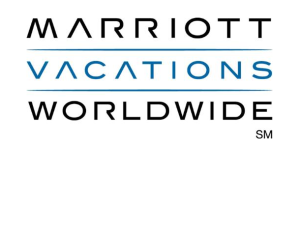State of Illinois Files Suit Against Timeshare Reseller
Monday, February 19, 2007
The Illinois Attorney General’s Office is cracking down on unsolicited timeshare messages. According to a press release issued on January 22, 2007, by Lisa Madigan, Illinois Attorney General, the State of Illinois has filed a lawsuit in Federal Court against several timeshare resellers. Those mentioned in the lawsuit were: C & C Global Enterprises, LLC; resortsellers.com; and Nella Pundit and Charles Rossop, the operators of webuyresorts.com and resortsellers.com.
The lawsuit alleges that beginning on or about November 3, 2006, “Illinois residents began receiving unsolicited text messages alerting them that, ‘We have someone interested in buying or renting your Time Share,’ and directing the recipient to logon to webuyresorts.com or resortsellers.com for more information.”
The Illinois Consumer Protection Division received 66 written complaints and an additional 190 telephone complaints from consumers regarding these unsolicited text messages. The sending of unsolicited text messages violates the federal Telephone Consumer Protection Act and in the state of Illinois, the State Consumer Fraud and Deceptive Business Practices Act. According to Attorney General Madigan, many of the consumers who complained to her office stated that they did not even own a timeshare.
The lawsuit also alleges that the defendants accepted payment for timeshare listing services and then fail to provide the listing, proven by the fact that the company did not ask the potential seller such pertinent information as the address of the timeshare or the unit number.
In a separate but related case, Cingular Wireless filed lawsuits in the US District Court in Atlanta, Georgia, that included charges against the operators of webuyresorts.com and resortsellers.com alleging that they transmitted unauthorized, deceptive, and unsolicited commercial text messages to Cingular customers with wireless phones. The messages, sent in October 2006, were all related to the selling or buying of timeshares.
If you believe you have been a victim of cell phone spamming by a timeshare company or any other industry, contact the Office of the Attorney General for the state in which you reside. And if you have questions about a timeshare company, timeshare reseller, timeshare by-owner listing service, or timeshare broker, check both the Better Business Bureau and the State Attorney General’s Office where the company is located to verify that there are few or no complaints against the company, and any complaints that do exist have been resolved quickly.


